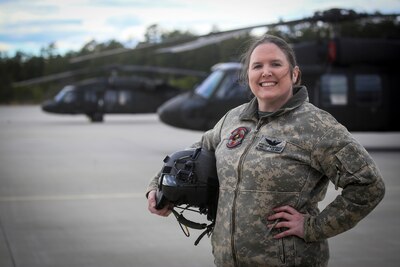By Jim Garamone DoD News, Defense Media Activity
WASHINGTON, March 29, 2018 — People, money and time are
needed to address urgent issues the Air Force faces today, the service’s chief
of staff told the Defense Writers’ Group here today.
Air Force Gen. David L. Goldfein said that readiness and
morale go hand-in-hand.
“I find where readiness is highest, morale is highest,” the
general said. “So you walk the line today in Bagram [Afghanistan], you walk the
line in Kunsan [South Korea], you walk the line where we have invested the
people, parts -- all the things that are required to continue engaging in an
active campaign like in Bagram or supporting the pressure campaign in Kunsan,
you will find that morale is fairly high.”
But there is a cost to the readiness at bases on the point
of the spear and the bases in the United States are paying it, Goldfein said.
Cost of Maintaining Readiness
“When you walk those bases and you see lower levels of
readiness, lower levels of manpower, higher levels of operational tempo as they
not only prepare for a continual rotational to the Middle East -- because that
footprint hasn’t come down -- but also ensure we have continued bomber
presence, to ensure we have what’s required to support the pressure campaign
and we’re doing that with less people, less parts on the shelves, less flying
hours, you will find the morale there is not high,” he said.
Conventional airpower and people paid the bills for more
intelligence, surveillance and reconnaissance assets, the general said. They
paid for the continual bomber presence. They paid for space assets. And people
left the service, but that didn’t mean the number of missions declined. Those
who remained had to pick up the slack.
The fiscal year 2018 DoD budget goes a long way toward
addressing the problem, Goldfein said. The first thing the service must invest
in is its people, the general said.
“It’s more than just those who strap on the aircraft,” he
said. “It’s the maintainers, it’s the refuelers, it’s the avionics technicians;
it’s all those folks who have their fingerprints on the airplane before it
takes off.”
Adding More Airmen
Getting that number right will go a long way to improving
readiness and morale, the general said. The Air Force will add 4,700 more
airmen this year and 3,300 a year into the future.
The Air Force also must have a healthy number of weapon
systems that it can generate, employ and sustain at combat rates, the general
said. This means the depots need an infusion of money and people. Parts
inventories must be increased.
“It’s the flying hour program and all those things that
sustain a healthy weapon system,” he said.
There also needs to be an operational training environment
that allows airmen to realistically train for higher-end combat, Goldfein said.
“We’re doing a lot of work now in looking at if China and
Russia … are our pacing threats that we have to train against, what exactly
does that mean to answer the question, ‘Ready for what?’” the general said.
Training now must reach into space and into the digital
realm, he said.
And, the Air Force must have the time required to invest in
the training, Goldfein said.
“What’s really going to be helpful in the budget is we are
really going to be able to make some advancements that we haven’t in the past,”
he said.








